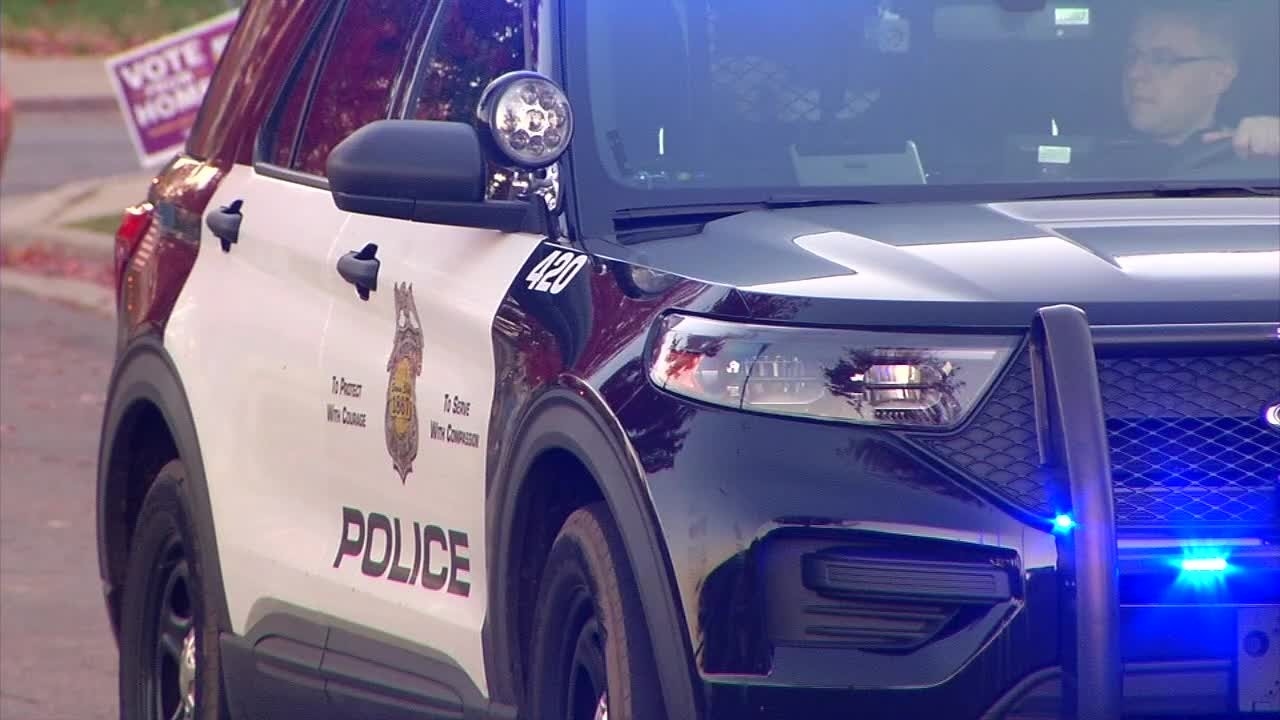Agreement to better policing nearing, DOJ investigation could create challenges
[anvplayer video=”5125316″ station=”998122″]
Time is running out for people to be part of the process of improving policing in Minneapolis.
On Thursday, the Minnesota Justice Resource Center (MJRC) held their last in person community work session. About 30 people – ranging from residents to people who work in the city – gathered to give their input about how the Minneapolis Police Department should operate.
The sessions were a part of the process of creating a court ordered and enforced agreement between the city, police department, and the Minnesota Department of Human Rights (MDHR), called a consent decree – explained well by the MJRC here.
This followed the MDHR report shared in April that found that MPD officers engaged in a pattern or practice of race discrimination. The 72-page report detailed what investigators say are systemic failures, dating back at least a decade.
One person who attended Thursday’s meeting was Dwayne Robinson who works in Minneapolis. As a Black man, Robinson said he’s concerned when he gets into the city.

(KSTP/file)
“I’m afraid of what consequences that could bring if there’s one wrong move,” Robinson said, adding he wanted to make sure to share that in the meeting.
Another attendee, Bridgette Stewart who also works in the city said, “We absolutely must get it right for the world to be able to follow us.”
While she was encouraged by the work being done to make improvements, Stewart was concerned with how quickly it has happened, especially because of the current investigation into the MPD by the Department of Justice (DOJ) and the fact it may have its own consent decree for the city.
“Everyone’s kind of holding their breath waiting for the DOJ report to come out,” Stewart said, adding: “It just seems a little odd that [the MDHR’s consent decree with the city and MPD] has kind of been such a main focus instead of waiting to see if the two [investigations] will be comparable in their findings.”
The DOJ has not reported if it plans to have their own consent decree.
Criminal justice professor with Saint Cloud State University, John Baker, told 5 EYEWITNESS NEWS this will likely face challenges.
“This consent decree, if there is one between the Minnesota Department Human Rights and the city of Minneapolis, is unusual,” Baker said. He added that most consent decrees come from the DOJ and it takes a while for changes to make an impact.
“I know the DOJ will do things on their own terms, in their own ways,” Baker said.
Little information has been shared from the DOJ, but a recent joint agreement with the city and human rights department does offer some clarity on what would happen if there is more than one consent decree.
Part of the statement explained the city and human rights department will modify their agreement to make sure they don’t conflict. It also said compliance with both is possible, but there will be no more than one monitor.
A monitor is an independent, third party that oversees the agreement to make sure it’s upheld – a law firm is an example.
Now, the city and human rights department will have what they call “negotiation sessions.” A final agreement could be reached this fall.
Community members can still share their input here.
Related: Minneapolis, MDHR report progress toward consent decree